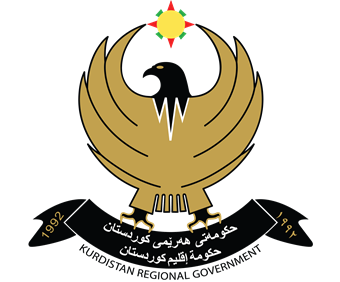لادانێن زمانى د قهولێن ئێزدیاندا
:
https://doi.org/10.56422/kaj.1.63.753:
پەیڤێن کلیلى: قەول، لادان، دەنگ، پەیڤ، رستە.پوختە
پوخته
زمان، بابەتێ سەرەکییێ ئافڕاندنا ئەدەبییە، د ئافڕاندنا ئەدەبیدا، قەولڤان (ئافڕێنەرێن ئەدەبیاتا ئێزدیاتییێ) ژى وەکى هۆزانڤان تەکنیکان د داڕێژتنا زمانیدا بکاردئینن، ئانکو زمانى وەکو زمانێ رۆژانە بکارنائینن، بەلکو پەنایێ دبەنە بەر بکارئینانا وى ب شێوەیەکێ تایبەت کو ئەڤە ژى د بیتە شێوازێ وى کەسى. ڤێجە ئێک ژ وان تەکنیکان لادانە، قەولڤان د بەرهەمێن خۆدا هەولددەن زمانى جودا ژ زمانێ ئاسایى بکاربینن، ب ڤێ چەندێ لادانى ژ زمانێ ئاسایى دکەن و ب زمانەکێ ئەدەبى بەرهەمێن خۆ د ئافڕینیت، ئانکو پەنایێ دبتە بەر بکارئینانا شیعرییەتێ، ئەدەبییەتێ، د ڤێ ڤەکۆلینێدا مە ڤیایە بزانن قەولڤانێن ئێزدیان چەوا سەرەدەرییێ دگەل لادانێ و جۆرێن وێ د بیاڤێ: دەنگ، پەیڤ، رستە، شێواز و واتایێدا دکەن، لەورا د ناڤ قەولاندا دێ ل لادانێن زمانى گەرن و دەستنیشان و شرۆڤەدکەن، ئەو دەقێن قەولان یێن هەتا نها وەکو پێدڤى نەبووینە بابەتێ ڤەکۆلینێن زانستى و ئەکادیمى و هەتا نڤیسینا وان لسەرزارى بۆ نڤیسکى ژى قەدەغەبوویە، چونکى دینداران ب مەبەستێن خۆ ستراندنێ نەڤیایە تشتێ وان بەلاڤەبیت و ئەڤ ئەدەبیاتە ژى لسەرزارى ل دەف وان بوویە و د رێ و رەسماندا بکارئیناینە.

